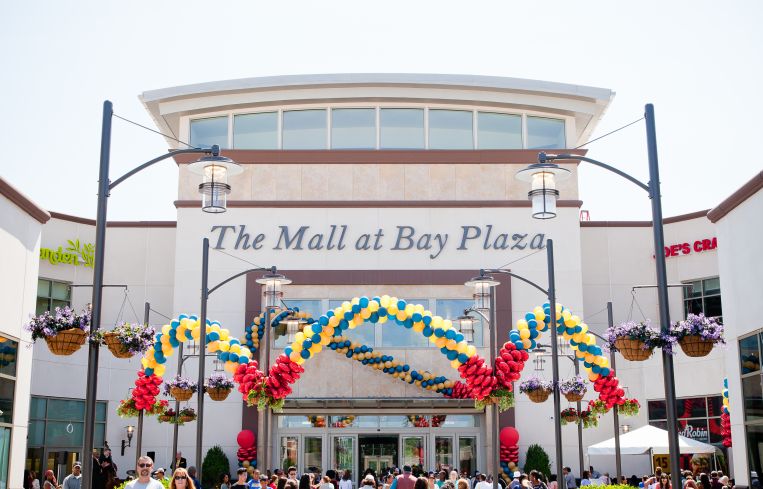Big Retail Tenants and Brokers at ICSC: Malls Are Just Fine!
Department stores, on the other hand, are a bigger problem with many not taking the steps necessary to evolve
By Rebecca Baird-Remba May 22, 2018 6:43 am
reprints
Malls aren’t dying, but department stores are, argued a diverse panel of national retail tenants and brokers organized by JLL at International Council of Shopping Centers’ ReCon.
“The onus is not on the mall, it’s on the anchor,” said Naveen Jaggi, the president of retail advisory services at JLL. “Macy’s is one great example of a place that has been stuck in a time warp for 30 years. The mall itself is changing; it’s being challenged. That’s when you get new experiential or food concepts.”
Mall owners simply aren’t interested in traditional department stores anymore, he explained. They want to create a distinctive retail experience, rather than a generic feel that shoppers can get anywhere in America. “KidZania and Urban Air [indoor theme parks] or large concept food and beverage are what [landlords] want,” he said. “They say they want authenticity in the way they bring those concepts into the mall. You can’t just plug and play food hall or retail. Basic plug and play retail, those days are gone. A lot of forethought needs to go into mall retail now.”
The tenant representatives on the panel said they’ve been pushing the boundaries of their respective industries to remain relevant. Joe Brady, the head of real estate for Walgreens, said that the 117-year-old drug store chain has been trying to remain relevant by offering more medical services. The company has partnered with walk-in medical treatment provider MedExpress to launch a series of urgent care centers attached to Walgreens in six states. Walgreens also teamed up with LabCorp last year to begin offering diagnosting testing in stores. (An audience member even asked Brady if the pharmacy chain planned to move into medical marijuana, to which he replied no.)
“Experience isn’t just flashing lights or exciting things to do while you’re not buying products,” said Stephen Jay, a retail consultant and managing director at Big Red Rooster, a brand experience firm owned by JLL. “There’s far too much retail happening today that isn’t going far enough to create that extra special feeling, whether it’s speed, efficiency or surprising product.”
Stephen Goglia, CEO of restaurant operator Craveable Hospitality Group, noted that even something as simple as seats can make or break an experience in an eatery or bar. “At a rooftop bar, we make the seats more comfortable so you have that third drink instead of stopping at the second drink,” he said. “But in an airport, we’ll make the seats harder and little less comfortable so you won’t want to stay too long.”
Gregg Knoop, the chief development officer of children’s theme park chain KidZania, said that the company works with educators to tailor its locations based on what kids learn in local schools.
“What KidZania is doing is offering 100 different occupations to children related to the curriculums in their schools, in their communities,” he said. “What we teach a child in Boise, Idaho may be very different from what we teach them in New York City or Sacramento [California].”
He added, “We sell ourselves as that fiscal engine of what a mall has become. We believe our success will change the face of the mall landscape of the United States.”



